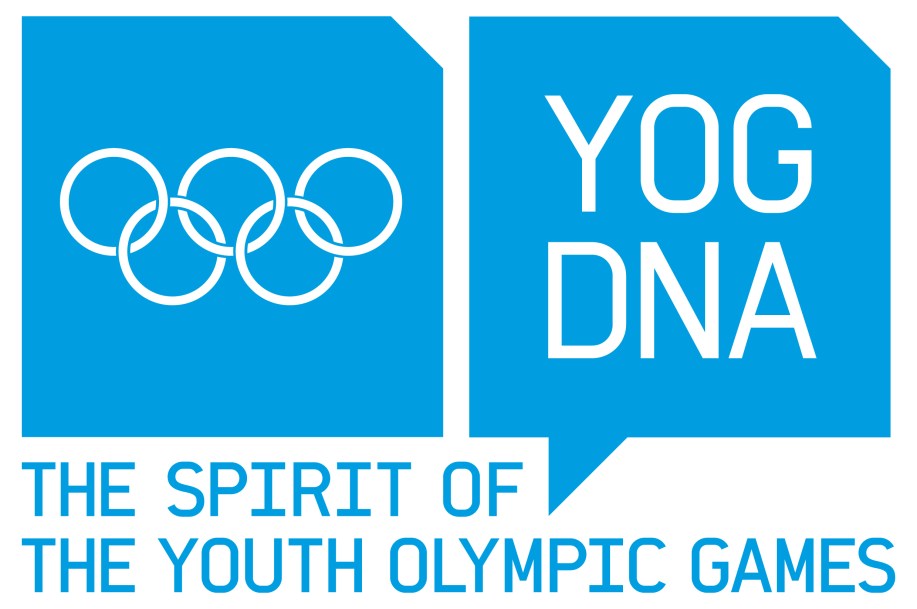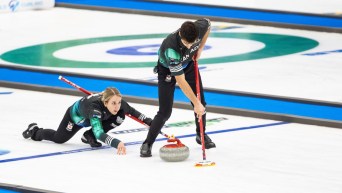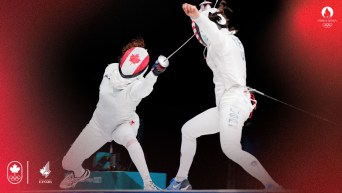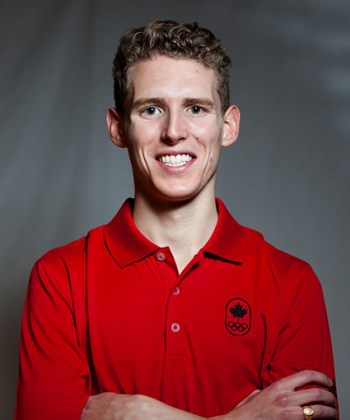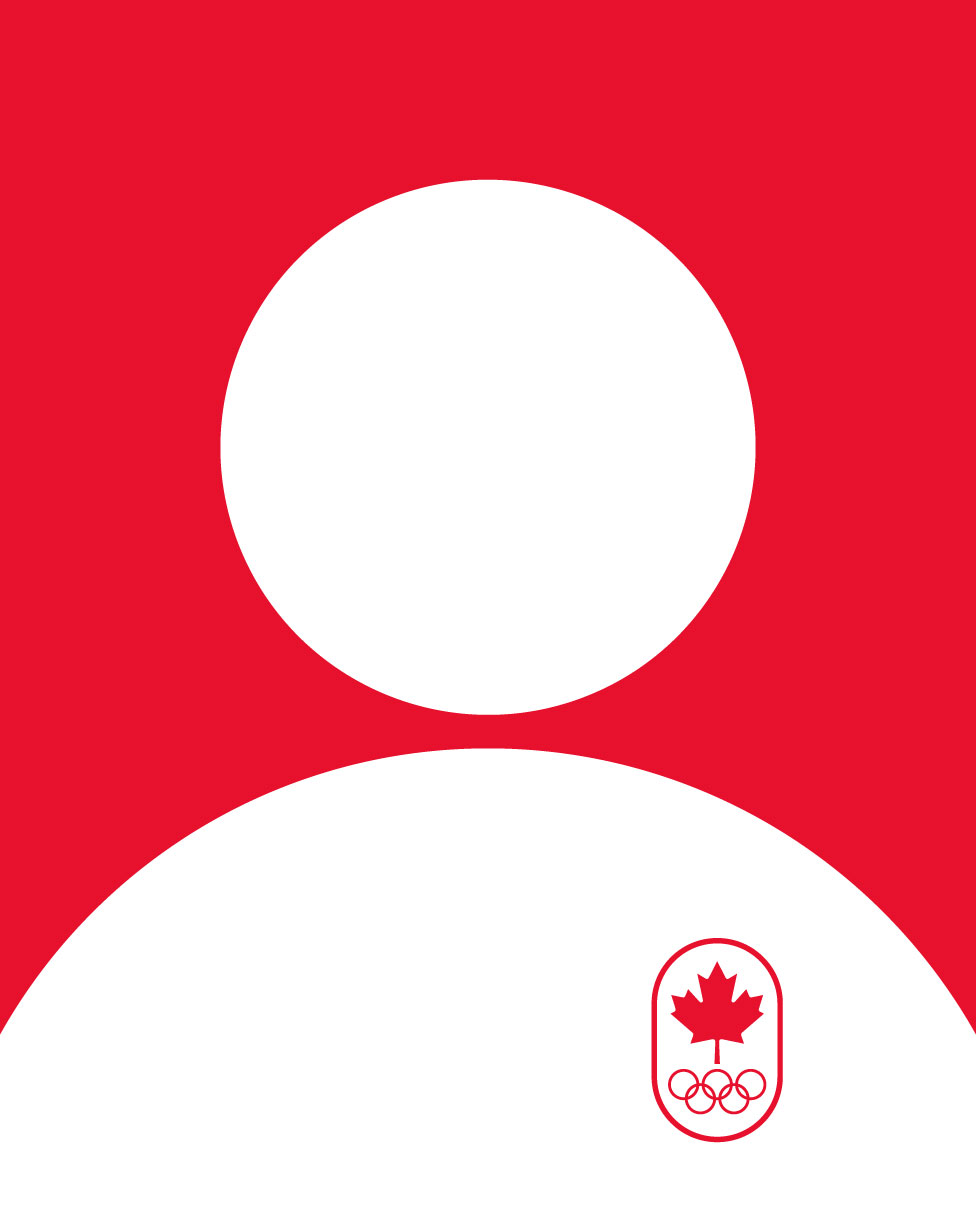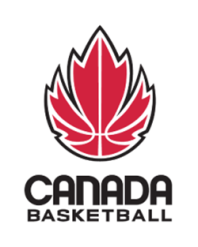Youth Olympic Games: Age is Just a Number
The youth of the world have always been a vital part of the Olympic Movement. The 2010 Youth Olympic Games (YOG) in Singapore this August 12-26 will be a celebration of youth unlike any other event in the world.
Look at the official 2010 YOG emblem, Spirit of Youth, which is highlighted by youthful symbolism. It starts with the Red Flame of Passion, symbolizing the passion to learn and the power of positive thinking. The figure’s purple body is the Star of Champions, representing excellence and the pride of representing one’s country. Finally, the Crescent of Tomorrow reflects dynamic youth, full of promise.
The YOG aim to bring together talented young athletes – about 3,600 aged from 14 to 18 – from around the world. These athletes are potentially the next generation of Olympians, but are definitely future leaders in whatever field they choose as adults.
Singapore 2010 will be the first time competitors are divided into age groups: 15/16, 16/17, 17/18. In addition, some events will feature mixed-gender teams and teams consisting of athletes from different countries.
One of the YOG’s main purposes is to attract youth into sport and combat obesity at a young age. “It must be fun, it cannot be too serious, there should not be a gravity that you have at the traditional games that’s for later. We want it to be fun, to be attractive,” said IOC President Jacques Rogge. “They (the athletes) are between 15 and 18 and that is the age to celebrate not necessarily the age to achieve.
In addition, the YOG feature a comprehensive Culture and Education Programme for the young athletes, which the IOC sees as an integral part of the success of the YOG. The IOC wanted to create something for young people besides just another sports event.
“The Culture and Education Programme is critical to the success of the Youth Olympic Games – it is equally important as the sports at the Games,” Dr. Rogge said. “We want young people across the world, and not just in Singapore and Innsbruck, to learn about Olympic values and the benefits of sport – to learn about the health benefits of exercise, as well as the dangers of doping, but also to learn about the Olympic values and importantly friendship with people from different cultures from around the world. We also want to build on the fantastic work our National Olympic Committees have done to date in the field of culture and education.”
Other innovations include the Young Ambassador program and the Youth Reporter. Canada is one of only five countries to have one of each. Callum Ng is Canada’s Young Ambassador, while Emily Ridlington is Canada’s Youth Reporter. You will meet both on Olympic.ca in the coming months.
With the inaugural Youth Olympic Games around the corner, these young ambassadors for sport will certainly experience a Games like no other.

